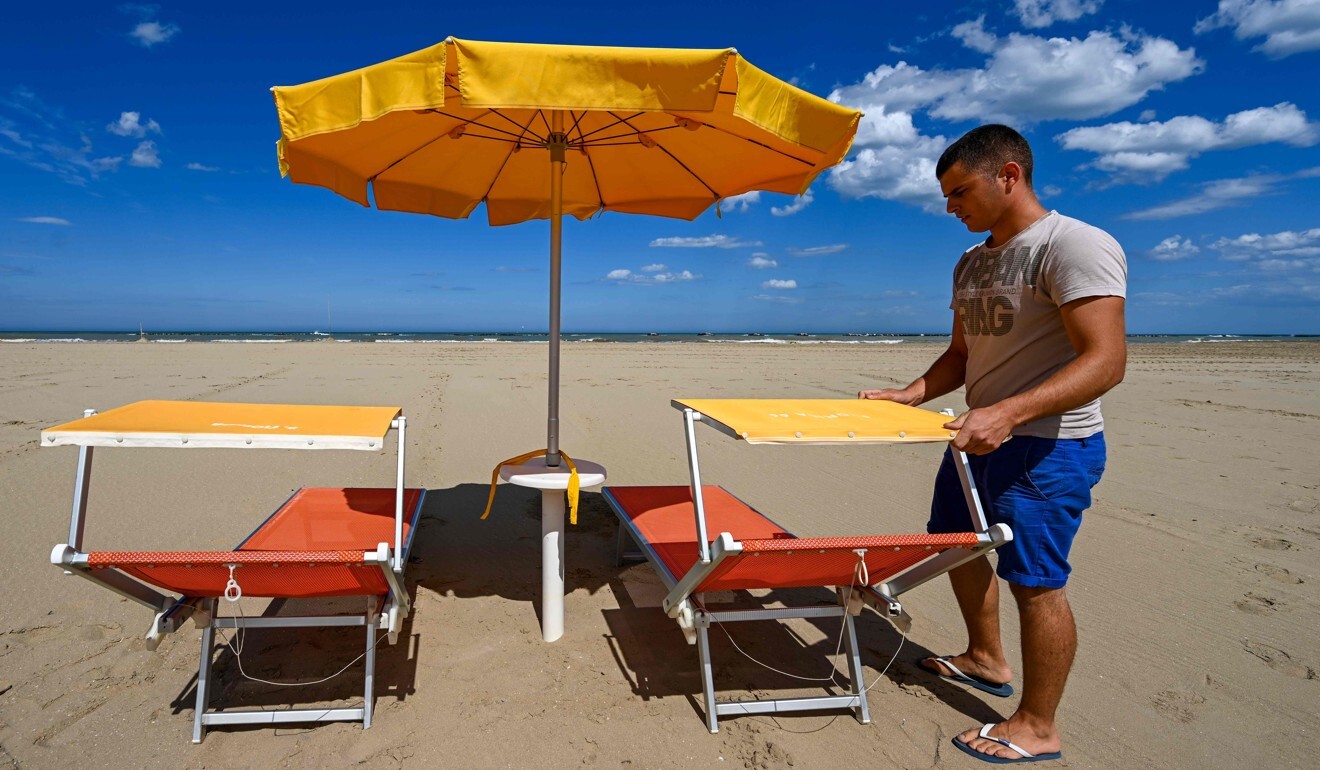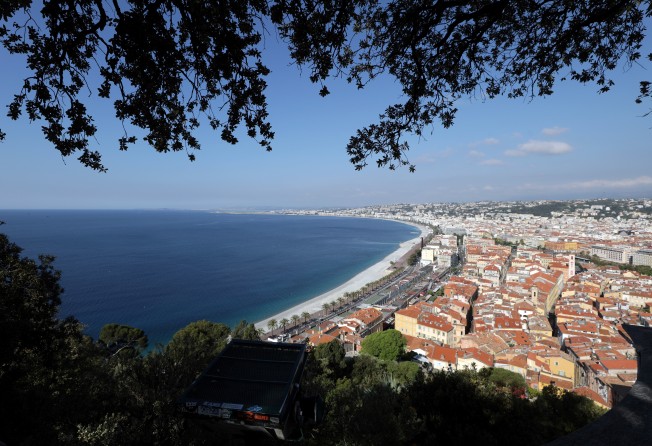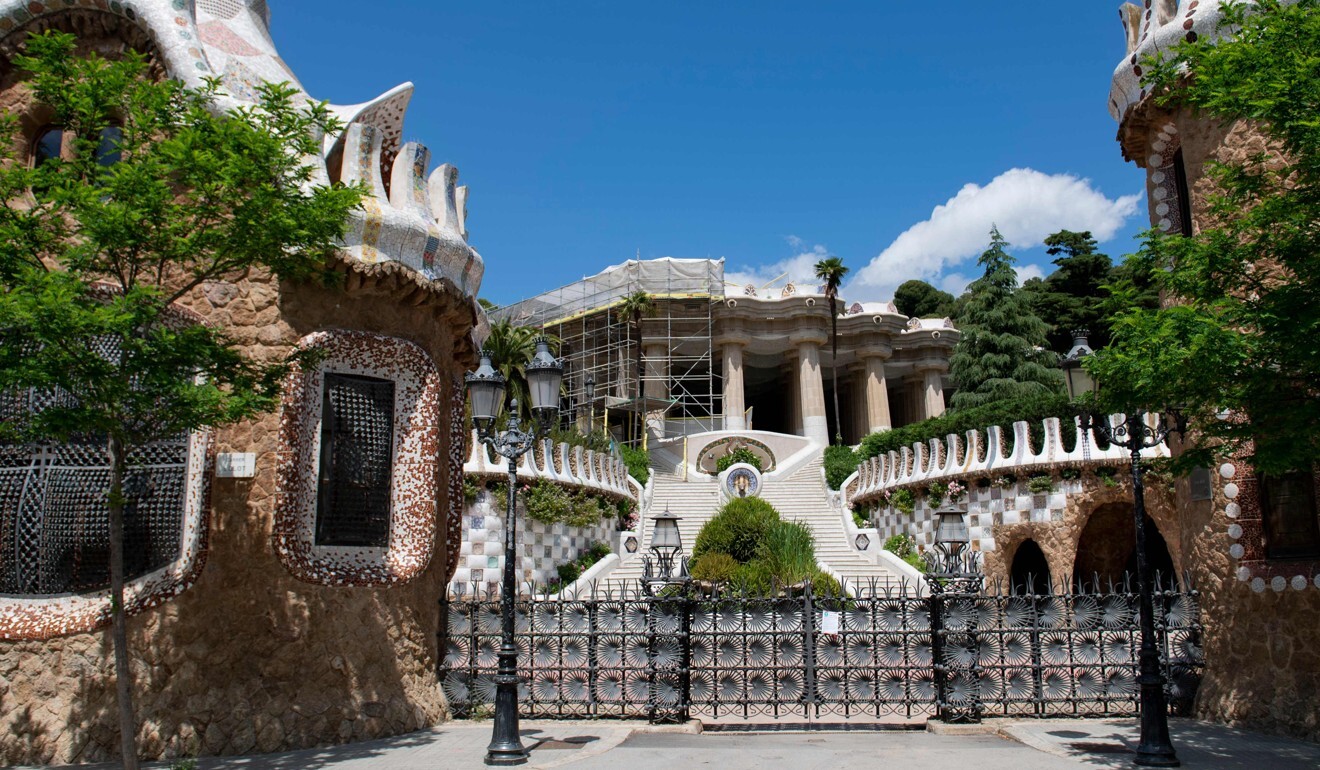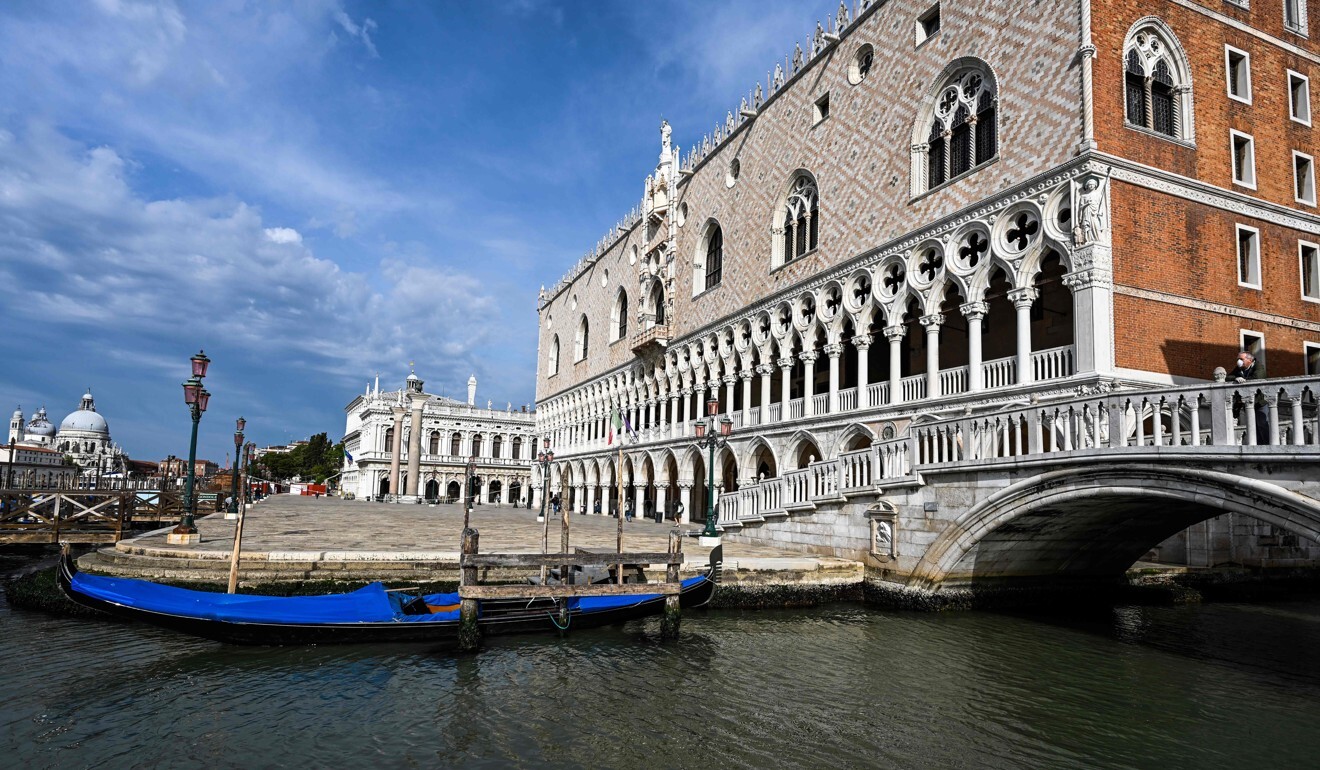
Coronavirus: how Europe plans to rescue its summer holidays
- European Commission outlines proposals to enable some degree of travel and tourism despite pandemic
- Measures include easing of border restrictions, transport guidelines and advice for hotels, restaurants and cafes on how to reopen

As weather warms up in Europe, millions are wondering if this year’s summer holidays will be a forced staycation.
Since the start of a massive lockdown across the block, international tourism within the EU has been frozen, with many people not even allowed leave their region.
But the European Commission has now outlined a series of measures to enable some degree of travel and tourism in the coming months, despite the coronavirus pandemic.
The aim is to give people “some well-needed rest, relaxation and fresh air”, while supporting the European Union’s tourism sector – which contributes around 10 per cent to the bloc’s economic output, according to the EU executive.
Here is an overview of the proposed measures:
Cross-border travel
Border restrictions should be gradually lifted if the health situation permits. To begin with, measures could be lifted between regions where the coronavirus is present to a similar degree.
Ultimately however, the decision to relax border restrictions is up to individual EU member states.

The commission stresses that national guidelines cannot discriminate against EU citizens on the basis of their nationality and must instead be based purely on epidemiological criteria.
For a region to return to tourism activities, it is crucial that the number of Covid-19 cases has significantly declined and stabilised.
Further criteria should include: whether enough hospital and intensive care unit beds are available; the presence of large-scale testing capacities; and the use of contact-tracing systems, making it possible to keep tabs on any wave of new infections.
Transport services
The commission has laid out guidelines for transport services to resume, while protecting the health of travellers and staff.
Where possible, it recommends that passengers should be kept further apart, while stopping short of advocating an empty seat between passengers policy on commercial flights.
Contact between passengers and transport workers should be kept to a minimum, and protective equipment such as face masks should be worn.

Hotel services
The guidelines, outlined on May 13, include advice to member states on provisions for hotels, restaurants and cafes to reopen.
This includes health protocols, guidance on cleaning hotels to keep infection rates down and the availability of spare rooms to isolate any guests who catch the coronavirus.
Tourists should be reassured that they will find the same levels of precaution in their holiday destination as at home, the commission says.
Travel vouchers
Airlines and other travel companies have been particularly hard hit by the coronavirus pandemic. Many are encouraging passengers to accept vouchers for cancelled trips, redeemable at a later date, rather than the refund they are entitled to under EU law.
Several member states are pushing the EU commission to relax the rules on passenger refunds, to reduce the damage to companies and jobs in the transport sector, but Brussels is sticking by the existing passenger rights.

The EU executive will issue guidance in the coming days to member states on how to make vouchers more attractive, for example by providing guarantees in case a company goes bankrupt and ensuring they can be traded in against a refund.
Any member state that refuses to uphold the existing passenger refund rights faces legal action, the commission warned.